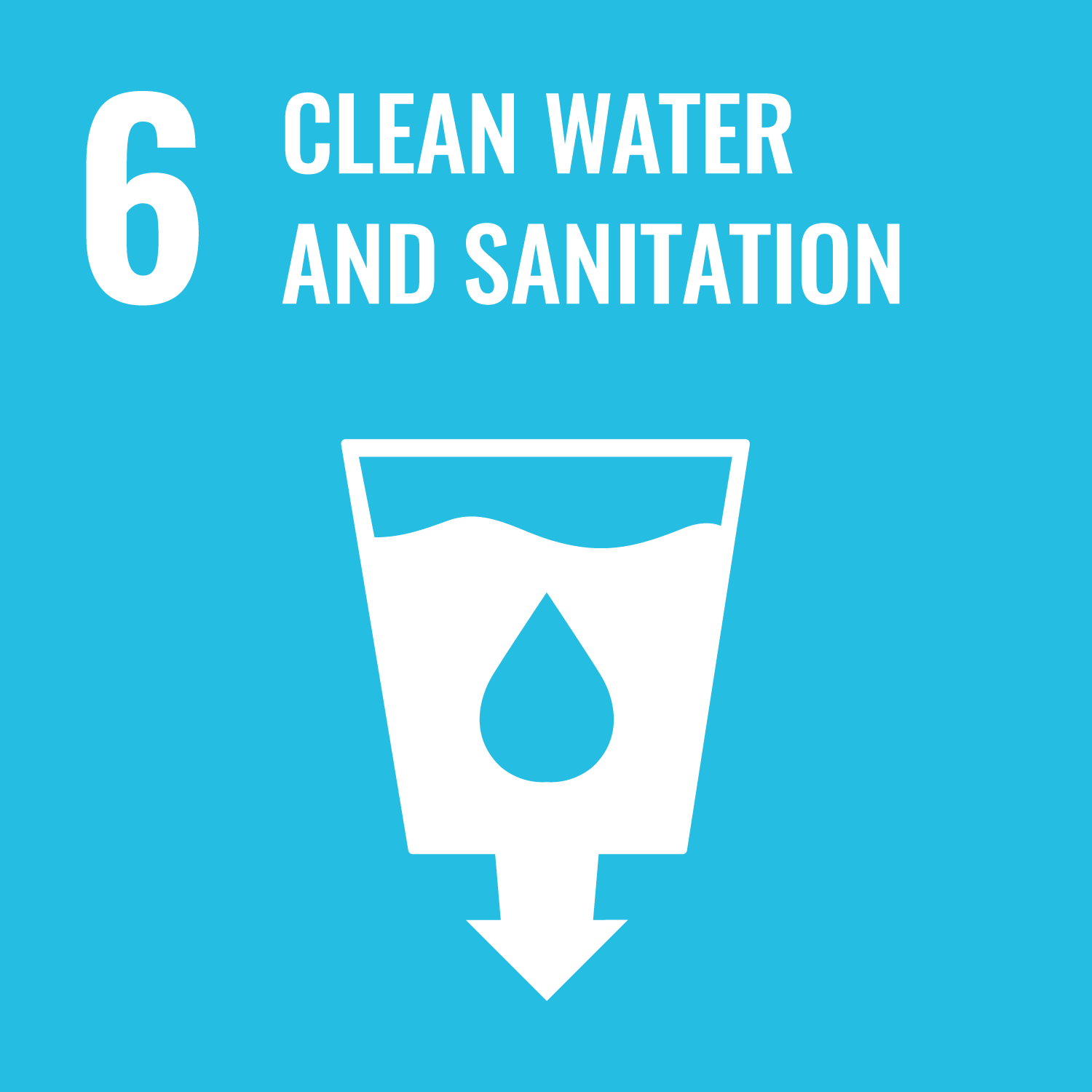This paper considers the existing literature on, and experiences of, LGBTI people regarding challenges to accessing sanitation. The paper first considers the challenges faced by developed countries, and solutions practitioners have trialled or implemented. Their literature review elicited that numerous papers have been published on who should have access to which toilets, and that gender-neutral and all gender toilets have been implemented in the US, the UK and in China to account for the needs of trans or third gender individuals. However, in certain settings such as schools, where these options were not made available, students could not always access the toilets that matched their gender identity. Second, this paper considers the challenges faced by developing countries, and solutions practitioners have trialled or implemented.
The authors’ literature review found that resources were lacking on the experiences of trans gender or third gender individuals regarding public toilets, but that problems identified included being harassed and abused in men’s toilets, ridiculed in women’s toilets and suspected of sex work. Transgender women in India reported covering their faces when entering a women’s toilet to conceal their identities, or to delay going to the toilet until they could find somewhere more private.The paper found that a larger pool of literature existed on the experiences of transgender people (predominantly trans women) and accessibility when using public toilets, however, far less could be found on LGBI groups.
Furthermore, no published studies on the interrelationships of LGBTI individuals and sanitation were found by the authors’ during their literature review. Development organisations and governments in developing and developed countries for the most part acknowledge the need for integrating, for example, menstrual hygiene management in WASH programmes, and see the importance of adequately addressing the risk women face of experiencing gendered violence when trying to access WASH services. This has included ample recognition that a connection exists between SDG 6 – calling for clean water and sanitation, and SDG 5 – aiming for gender equality. What is lacking is research and policies that protect and consider the needs of LGBTI diverse actors, specifically regarding their safe and rightful access to WASH services.








